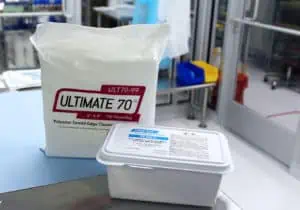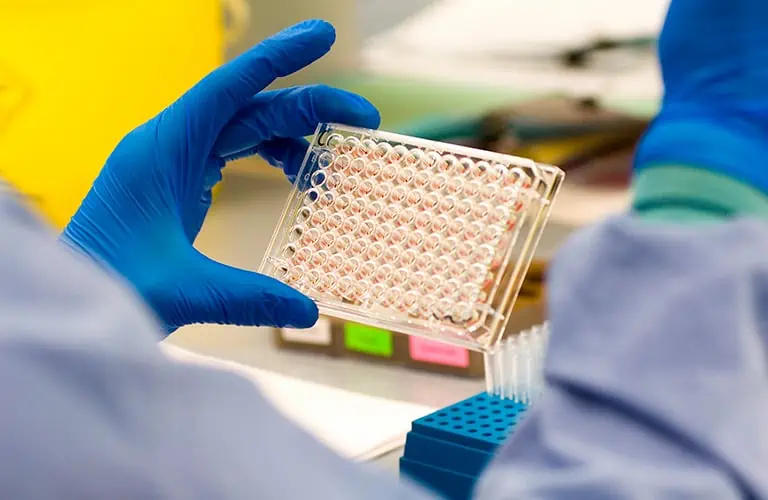Cleanroom News, General Topics
cGMP Compliance in Cleanrooms
Compounding pharmacies and other cleanrooms involved in the manufacture or handling of food and drugs need to adhere to cGMP, or “Good Manufacturing Practices” to prevent contamination.
To ensure the safety of patients and consumers, a guideline for safe practices is essential. Current Good Manufacturing Practices (cGMPs) are the FDA’s regulations that ensure these products are manufactured to certain requirements that will ensure the safety of consumers.
The “c” in cGMP was added to require that companies use up-to-date systems to comply with these regulations. For example, systems that were in use 10 years ago may be obsolete now or not up to today’s quality standards.
To ensure your facility complies with the FDA’s cGMP regulations you must keep up to date on the requirements. Noncompliance can mean receiving warning letters from the FDA or even criminal penalties.
Before we take a more in-depth look at how to stay in compliance, we’ll run through a list of essential products these environments.
Products for Maintaining cGMP
Maintaining cGMP controlled environments means rigorous sanitation requirements. Several cleaning products essential to the process include equipment specific cleaning agents, protective garments, gloves, wipes, eyewear, masks and head coverings.
Featured product for Good Manufacturing Practice: GRAB-EZZ Cleanroom Wipe Dispenser
cGMP compounding pharmacies require a sterile environment and must adhere to a variety of standards including USP800. With that comes a unique set of required sterile cleaning supplies needed for compliance. Please refer to your specific cleanroom guidelines for more information on compliance.
Why Do We Need cGMPs?
cGMPs require that manufacturers in the food and beverage and life sciences industries are taking proactive steps to provide only the safest and highest quality products to the market. It’s important to note that each industry’s cGMP requirements will be different.
These regulations stand to eliminate, or at the very least minimize, the chance of contamination or errors. For cleanroom compliance, this means maintaining a sterile environment through the use of sterile apparel and usp800 compliant cleaning supplies.
How Does the FDA Determine if You’re in Compliance?
The FDA ensures cGMP compliance by conducting inspections at manufacturing facilities around the world. In addition to these inspections, the FDA uses the public as its eyes and ears for any defective products that have made it consumers’ hands.
Companies that have received negative reports from the public are more likely to be inspected by the FDA, as it often uses these reports to identify instances in which an investigation is necessary.
Federal Regulations Relating to cGMPs
The Code of Federal Regulations (CFR) provides federal regulations surrounding cGMPs that can result in criminal penalties if not followed. To ensure that these regulations are met, many companies put procedures and practices in place beyond those required by cGMP.
For example, the CFRs that relate to pharmaceutical manufacturing include:
21 CFR Part 210: This relates to the manufacturing, processing, packaging, and holding of drugs.
21 CFR Part 314 and 600: These are the licensing and application submission requirements for drug applicants (generic and new).
21 CFR Part 11: This requirement provides guidelines for electronic records and signatures. It defines the instances in which electronic signatures can be deemed reliable and trustworthy. 21 CFR PArt 11 also covers electronic submissions to the FDA.
A Proactive Approach to Safety
Perhaps the most important aspect of cGMPs is they provide a roadmap for taking a proactive approach to safety.
By following the FDA’s cGMPs, companies can prevent events that are a safety threat to patients or consumers and help keep the public safe.
Get in touch with us to learn about how our cleanroom products will keep your facility in compliance.


